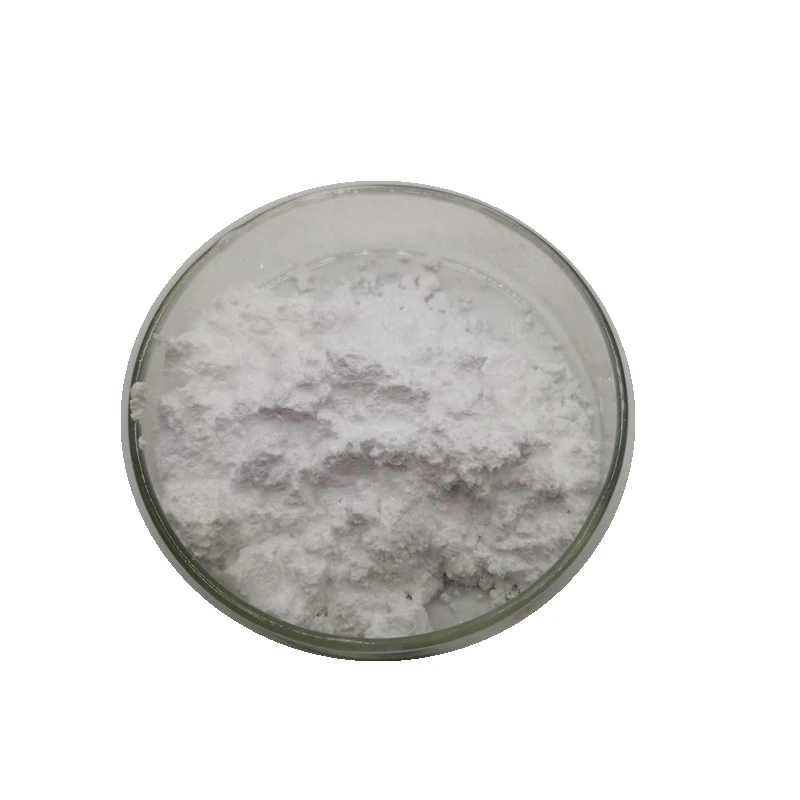Vitamin C
Item specifics
- Appearance
- White fine powder
- Purity
- 99%
Review
Description
Products Description
L-Ascorbic Acid Powder Vitamin C Powder for food and cosmetics
lntroduce:
Vitamin C, also known as ascorbic acid and ascorbate, is a vitamin found in various foods and sold as a dietarysupplement. It is used to prevent and treat scurvy. Vitamin C is an essential nutrient involved in the repairof tissue and the enzymatic production of certainneurotransmitters. It is required for the functioning ofseveral enzymes and is important for immune system function. It also functions as an antioxidant.
Vitamin C, also known as ascorbic acid and ascorbate, is a vitamin found in various foods and sold as a dietarysupplement. It is used to prevent and treat scurvy. Vitamin C is an essential nutrient involved in the repairof tissue and the enzymatic production of certainneurotransmitters. It is required for the functioning ofseveral enzymes and is important for immune system function. It also functions as an antioxidant.
Main Functions
Antioxidant, anti-agingPromote collagen hyperplasiaRepair damaged skinTreatment and prevention of scurvy
Applications
1.Cosmetics1) L-Vitamin C inhibits tyrosinase and reduces melanin, and diminishes the formed spots to inhibit melanin formation.2) Promote collagen synthesis to reduce fine lines.3) L-Vitamin C can effectively neutralize free radicals, improve skin texture, restore damaged skin, and make skin firm and elastic.4) Promote skin metabolism and accelerate skin rejuvenation.2. MedicalVitamin C is mainly used for the prevention or treatment of scurvy in medicine, as well as for diseases such as dental caries, gingival abscess, anemia, and growth and development caused by anti-hyperacid deficiency.3. Food additivesVitamin C can be used for sandwich hard candy, and the amount used is 2000-6000mg/kg;The amount of use in high-iron cereals and their products is 800-1000 mg/kg;The amount used in infant food is 300-500 mg/kg;The amount used in canned fruit is 200-400 mg/kg;The amount used in drinks and milk drinks is 120-240 mg/kg;The amount used in the puree is 50 to 100 mg/kg.








